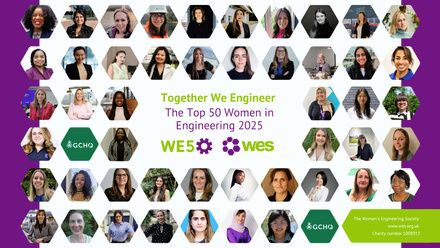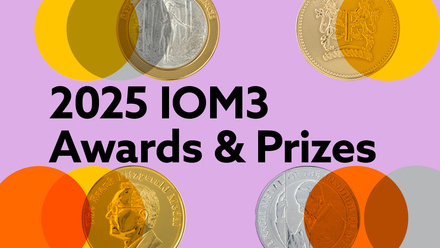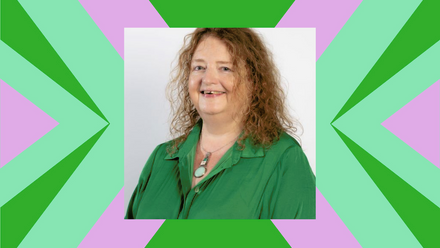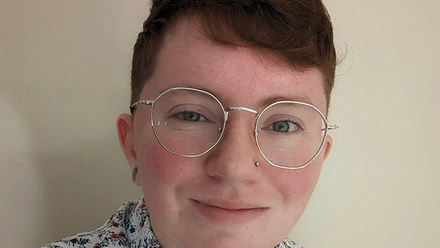Black History Month 2024: The year that was
Ajay Kapadia MIMMM, Chair of the Ethnic Minorities in Materials, Minerals and Mining (EMM3) Group writes on Black History Month.
This last year has not been the greatest for EDI and it has affected me profoundly both in my professional role and also my role as Chair of EMM3.
During Black History month 2023, the then Secretary of State for Science, Innovation and Technology, sent a letter to Ottoline Leyser, UKRI’s Chief Executive and published it on X (formally Twitter) calling into question UKRI’s approach to ED&I.
A subsequent UKRI investigation found that that the two female academic members mentioned in the Secretary of State’s letter had no case to answer.
It was interesting and challenging to witness, across my world of innovation, entrepreneurship, science and technology, the impact that this letter had across programmes, people, purpose and plans at the organisation at which I work. Then, in summer this year, we had the Southport Riots. Many members of Black and Asian communities were frightened to leave their homes and many of my friends and colleagues reported feelings of fear, intimidation and insecurity, as emboldened racists took over streets and towns. What had previously been harmonious communities, were suddenly divided by skin colour.
This simple, divisive, them and us, ill-informed narrative has been growing in popularity locally, nationally and globally. It is both sad and frightening to watch. However, despite all this, and particularly during Black History Month, I remain optimistic about the opportunities we have to drive positive change.
The answer to growth, opportunity, health, net zero, education, wealth, equality, prosperity, and productivity lies in innovation: new products, new services and new systems, creating high value jobs whilst doing our bit to save the planet.
And you get better innovation with diversity. Numerous research studies and surveys confirm that diverse teams are more productive, more innovative, more successful, more entrepreneurial and more successful.
If you had a team where everyone looked the same, lived in the same type of community, worshipped in the same sort of place, went to a similar school/University, hung out with the same type of people, peed in the same way, all had heterosexual partners, ate the same type of food, etc… would it be any surprise that they would all have similar ideas? Telle Whitney said that “Diversity drives innovation – when we limit who can contribute, we in turn limit what problems we can solve.” She’s right.
Encouraging diversity in our teams, in the businesses we work with and in our programmes, is not just the role of our colleagues who have ED&I in their job titles. This is the responsibility of each of us.
Encouraging and enabling our diverse communities is the key to solving our many challenges.
Diversity is not the cause of our problems, it’s the solution.







